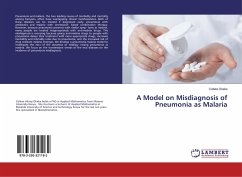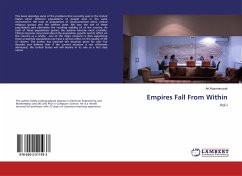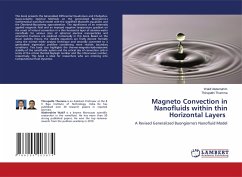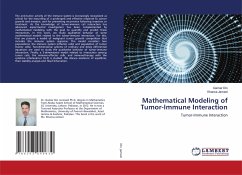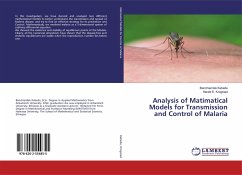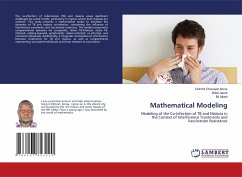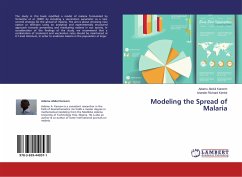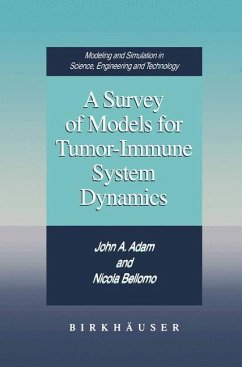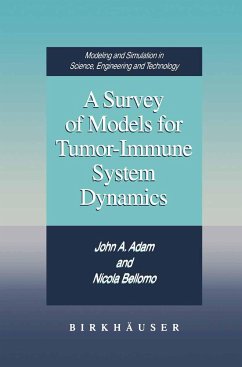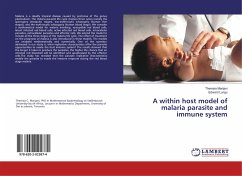
A within host model of malaria parasite and immune system
Versandkostenfrei!
Versandfertig in 6-10 Tagen
33,99 €
inkl. MwSt.

PAYBACK Punkte
17 °P sammeln!
Malaria is a deadly tropical disease caused by protozoa of the genus plasmodium. The malaria parasite life cycle involves three cycles namely the sporogony (mosquito stages), exo-erythrocytic schizogony (human liver stages), and the erythrocytic schizogony (human blood stage). We consider a mathematical model for malaria involving, susceptible red blood cells, latent infected red blood cells, active infected red blood cells, intracellular parasites, extracellular parasites and effector cells. We extend the model to include all the three stages of the malaria life cycle. The effect of treatment...
Malaria is a deadly tropical disease caused by protozoa of the genus plasmodium. The malaria parasite life cycle involves three cycles namely the sporogony (mosquito stages), exo-erythrocytic schizogony (human liver stages), and the erythrocytic schizogony (human blood stage). We consider a mathematical model for malaria involving, susceptible red blood cells, latent infected red blood cells, active infected red blood cells, intracellular parasites, extracellular parasites and effector cells. We extend the model to include all the three stages of the malaria life cycle. The effect of treatment on the prognosis of malaria is also introduced in these models. The models are analysed mathematically and numerically. One of the question addressed in our study is: what replicative characteristics offer the parasite opportunities to evade the host immune system? The results showed that the longer it takes to produce the parasites, the higher the chance that an infected red bloodcell willbe identified and apoptosised by the effector cells.The study has revealed that the parasite replicative characteristics enable the parasite to evade the immune response during the red blood stage malaria.



